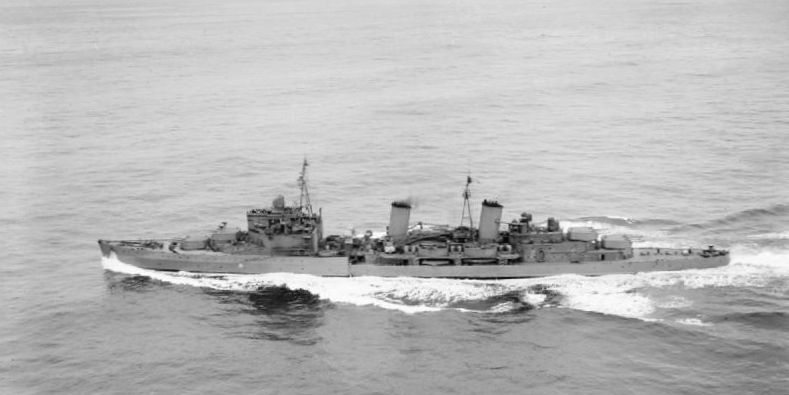The traveling WHYDAH tour and museum make millions per year and will continue to do so as long as people love pirates.
Another archaeologist talking common sense today on Sub-Arch:
OK all lets move on some thoughts on the topic:
Now that the epic battle between Odyssey and Spain is over where are we going from here? We need to all learn from the mistakes. Mistakes were made on both sides.
Odyssey for the American attitude that "finders keepers" will win on sovereign vessels, and Spain for not acting sooner when they knew something was up, enabling officials to be fired for in effect sleeping on the job and not acting sooner. Why is it that the American laws on arresting a wreck in Rem should apply all over the world...? Perhaps other countries like Spain should create competing legislation which archaeologists can use to arrest and protect wrecks?
Maritime archaeology is facing some major issues for the future. Finance as you all know is the major factor, and finance for archaeology is scarce. Treasure hunting is a failed approach which is not working unless you want to play the stock market game of smoke and mirrors. Governments on the other hand are going to be looking at recovering all the gold and silver for their economies, but lack the expertise in deep water or shallow. When they do recover artefact's they could put in museums for tourism or put it in the bank for collateral. Selling thousands of coins will only flood the market.
Perhaps the governments should hire archaeologists and pay for them to recover their past losses from wrecks, that way the wrecks can be worked on correctly by archaeological standards, and provides employment for archaeologists.
How do we best protect the wrecks on the shallow areas without finance. Governments will be less inclined to provide finance when all the countries are battling to get our of the red. I hope that Spain now spends some of the value from the coins on employing archaeologists to survey and protect other Spanish shipwrecks around the world. If they put the value of the coins they now have into a sinking fund and use the interest for archaeological surveys of Spanish wrecks, that would pay for a lot of archaeology.
But here is another slant on an increasing problem. The post 1911 shipwrecks, went down with fuel, oil pcb's etc. Here in the great lakes there is a potential time bomb with all the wrecks slowly falling apart and eventually will release the contaminates, which will effect the drinking water supply. The US has a large number of sovereign wrecks in areas which will cause a major problems internationally as a result of the second world war...iron bottom sound to name an area which has millions of tonnes of contaminates. This mess is becoming more urgent and surveys and finance is required to be undertaken now. It is much easier and cost efficient to remove the fuel, pcb's etc now then when the oil slick flows. There is no gold, no silver, just a massive bill which if left will create an ever bigger one. How are they going to pay for these operations?
Perhaps this area of modern archaeology (shipwrecks older than 50 years) is an area where the rift can be healed, salvos and archaeologists working together for the common interests of protecting the wrecks and the sea rather than the quest for profit or the armchair archaeologist approach of the old guard.
The next decade will decide perhaps the governments will need to sell the historic gold and silver to pay to recover the oil to protect the sea...
Best wishes
Simon
Dr. Simon Q. Spooner, BSc, MRICS, PhD, MIfA.
Details on the Anglo~Danish Maritime Archaeological Team with maritime archaeological projects for students, go to
www.admat.org.uk












